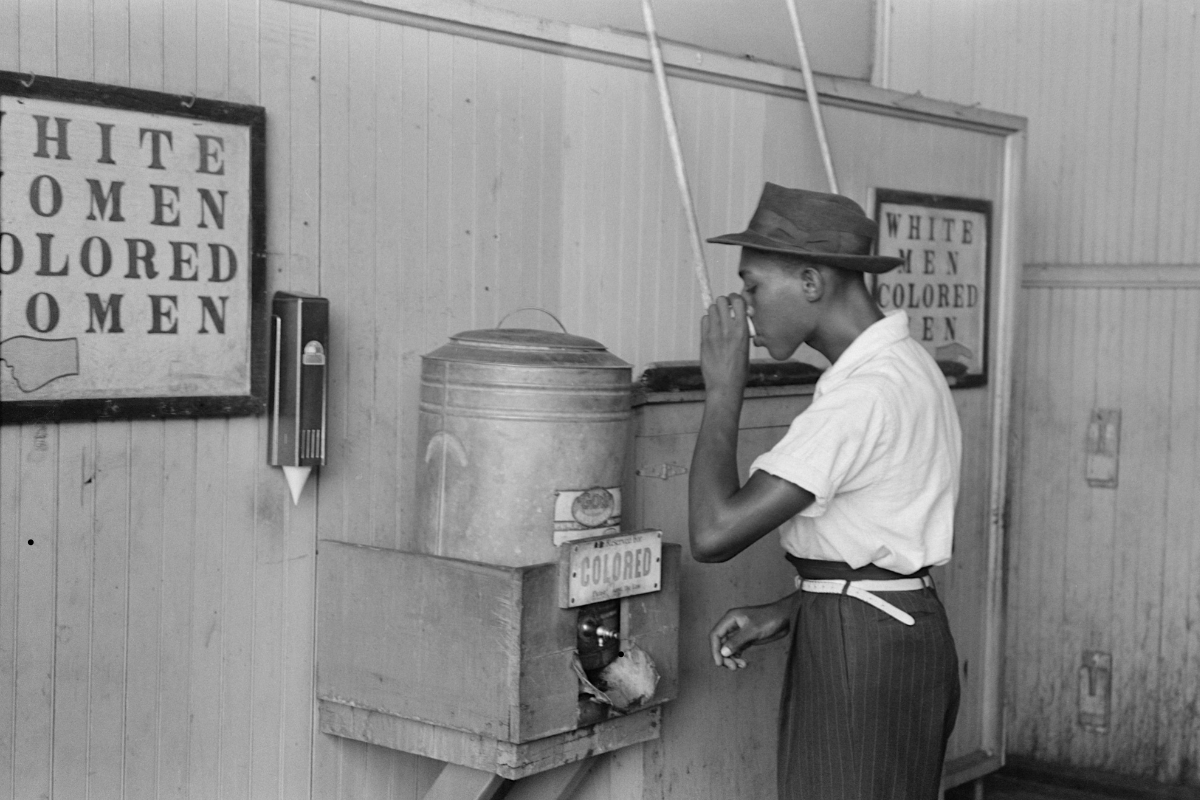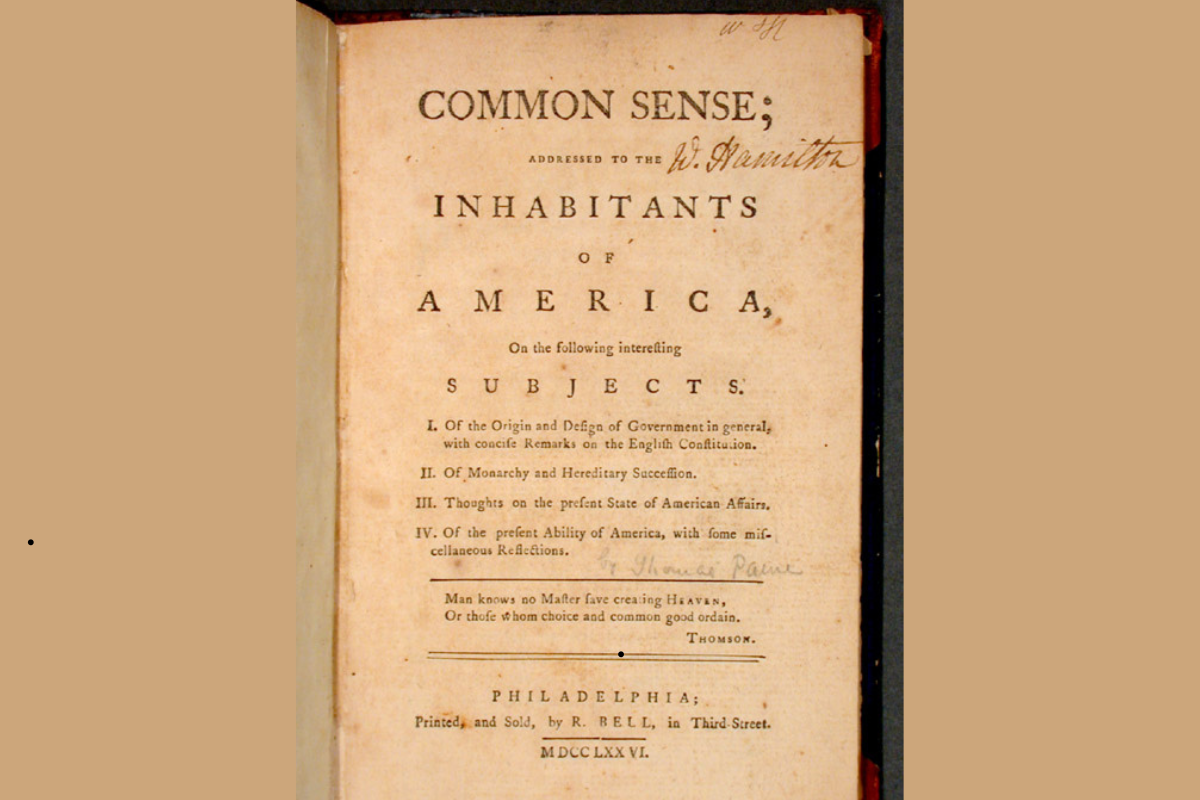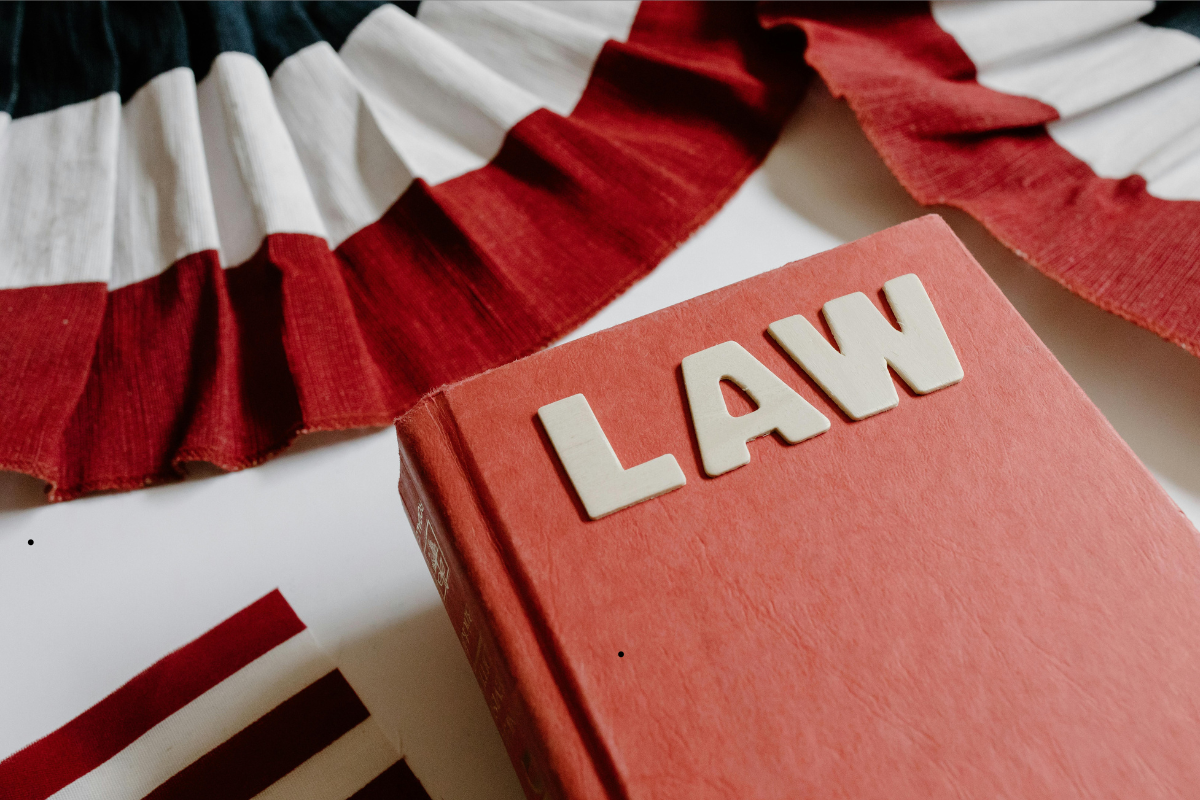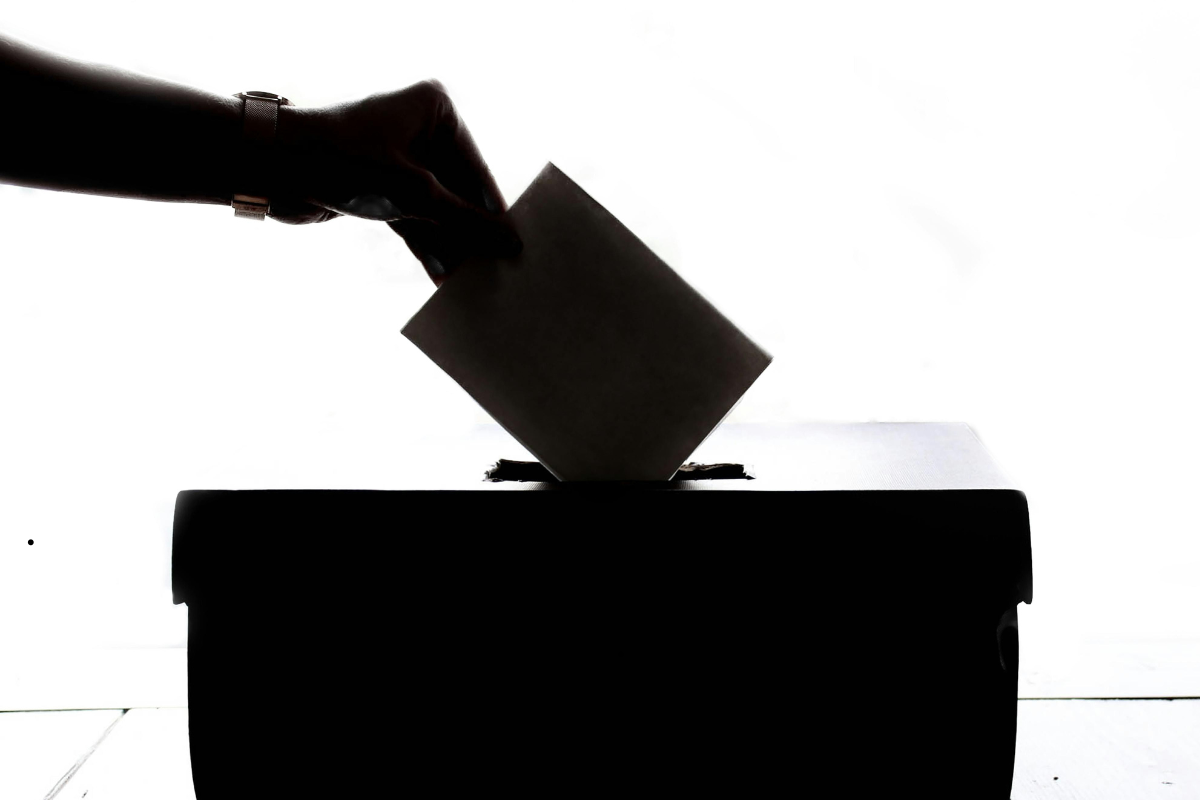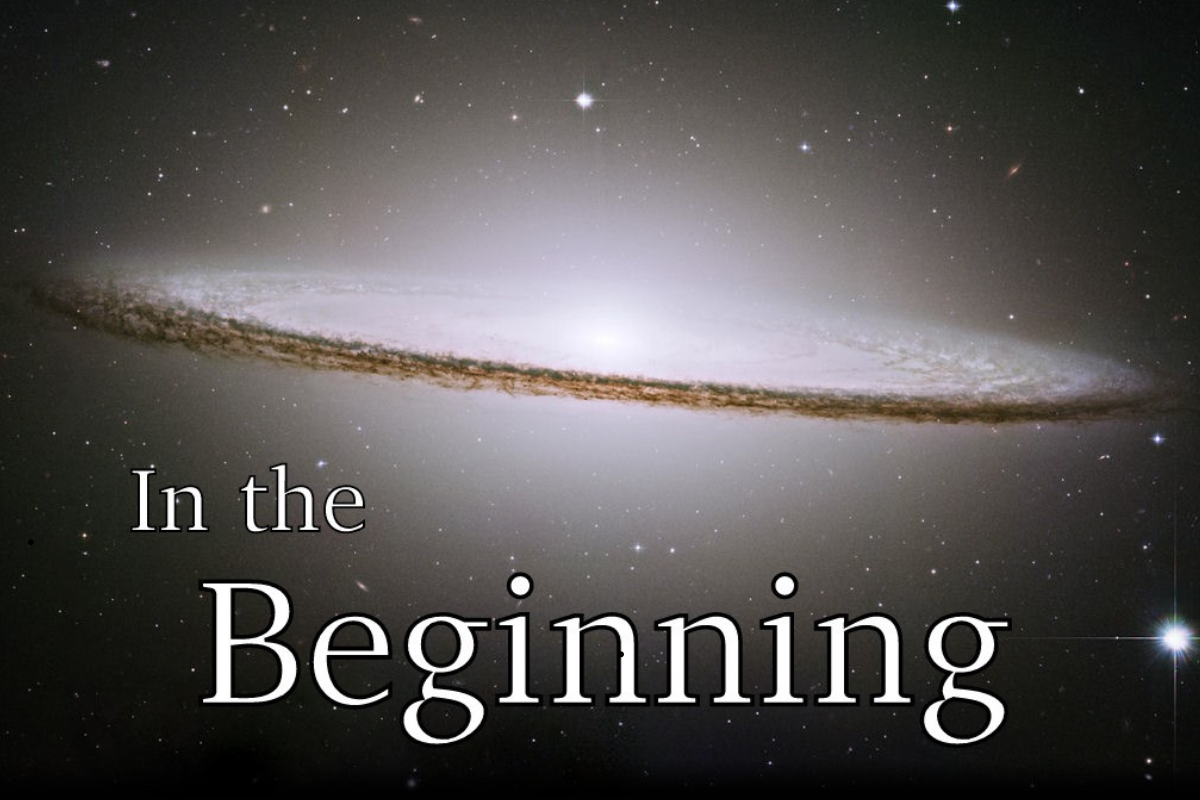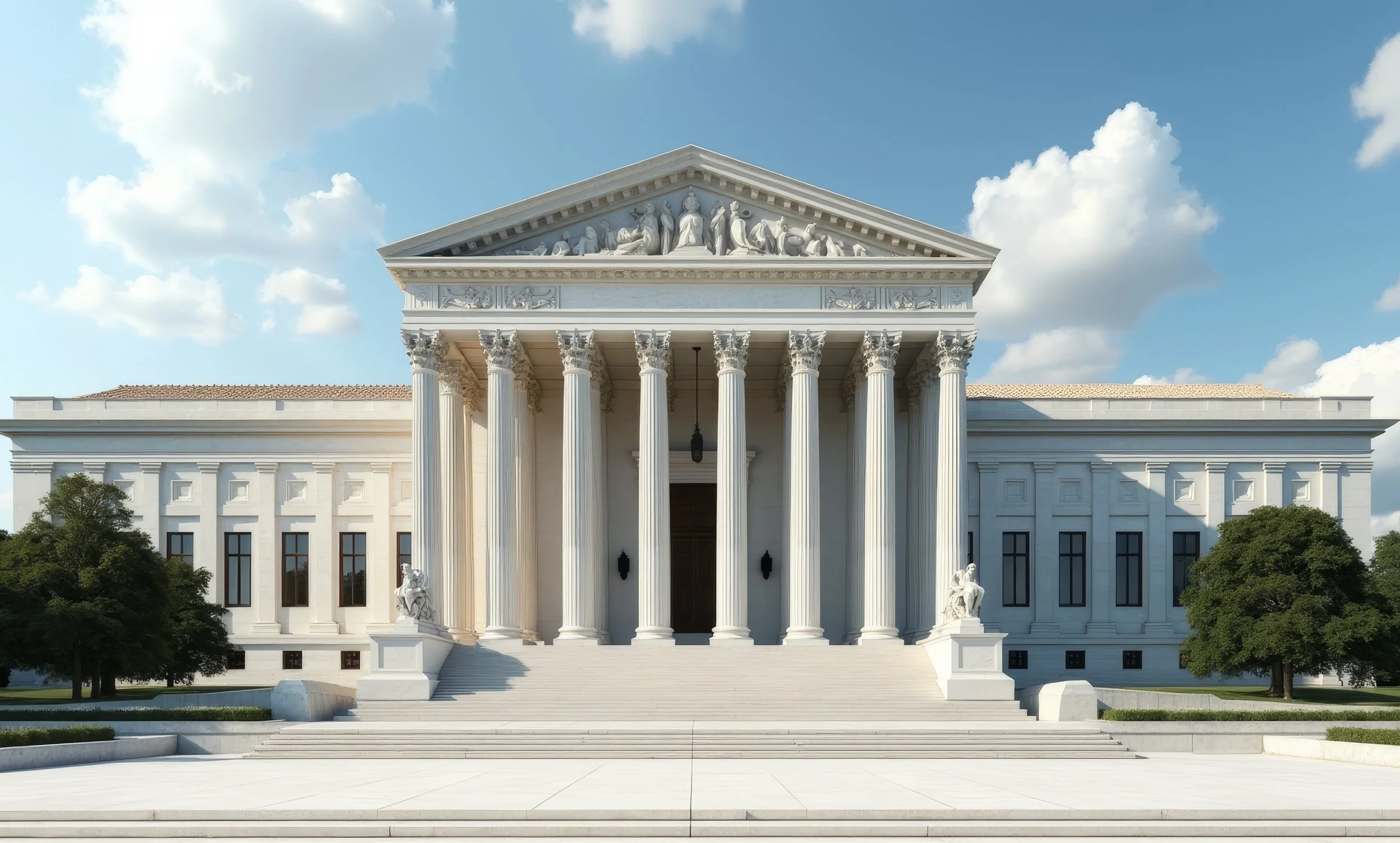
Susan McWilliams Barndt
Susan McWilliams Barndt is a professor of politics at Pomona College, where she has won the Wig Award for Excellence in Teaching four times. She sits on the Executive Committee of the American Political Science Association and serves as the vice president/president-elect of the American Political Thought section of the American Political Science Association.
McWilliams is the author of The American Road Trip and American Political Thought (Lexington, 2018) and Traveling Back: Toward a Global Political Theory (Oxford, 2014). She is also the editor of A Political Companion to James Baldwin (Kentucky, 2017) and a co-editor of several books, including The Best Kind of College: An Insiders’ Guide to America's Small Liberal Arts Colleges (with John Seery, SUNY, 2015) and The Princeton History of American Political Thought (with Nicholas Buccola and Roosevelt Montás, Princeton, forthcoming).
McWilliams is the co-editor (with Jeremy Bailey, University of Oklahoma) of the American Political Thought book series at the University Press of Kansas and a past editor of the peer-reviewed journal American Political Thought. Her writing has appeared in both scholarly and popular journals, and she is a regular media commentator on American politics for outlets such as Business Insider, KPCC's AirTalk, LiveNOW From FOX, The Los Angeles Times, Ms. Magazine, The Nation, The New York Times, Newsweek, Pacifica Radio, Politico, the Tavis Smiley Show, and “Today in LA” on KNBC.
For her work, McWilliams has received many recognitions, including the Graves Award in the Humanities, the National Endowment for the Humanities Fellowship and the Jack Miller Center's Teaching Excellence Award.
McWilliams holds a B.A. in political science and Russian from Amherst College, an M.A. and Ph.D. in politics from Princeton University and a Certificate in Advanced Educational Leadership from Harvard University’s Graduate School of Education.
Read Susan McWilliams Barndt’s Essays


